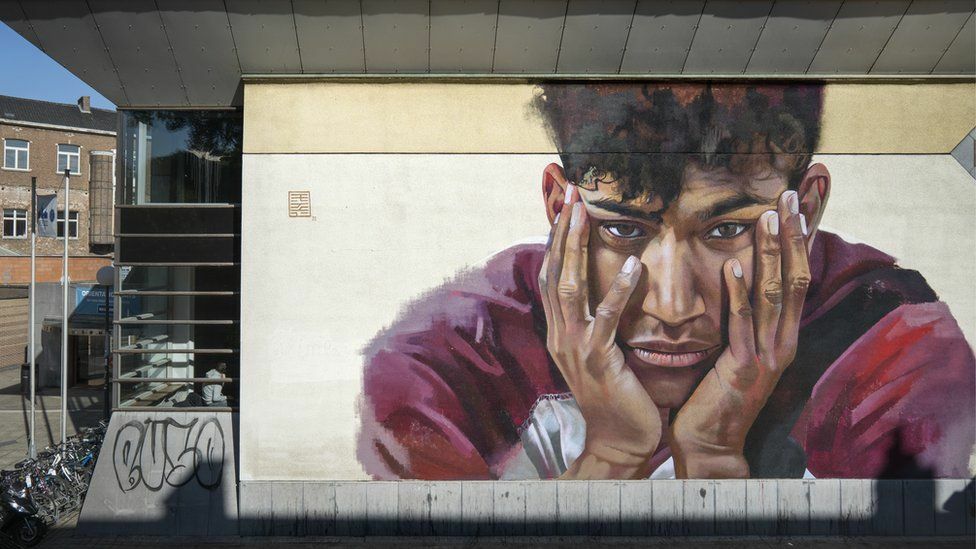Belgian students sentenced for hazing death spark racism debate

The tragic death of Sanda Dia, a 20-year-old black Belgian student, in 2018 during a hazing ritual at an elite Belgian fraternity shocked the nation. Dia was made to consume large amounts of fish oil and alcohol, swallow a live goldfish, and stand in an icy pit during his initiation into the Reuzegom fraternity at a prestigious university. He later collapsed and died in the hospital, with a coroner’s report attributing his death to toxic salt levels from excessive fish oil consumption.
Over four years later, 18 students have received sentences of up to 300 hours of community service and a €400 (US$430; £340) fine each for their involvement in Dia’s involuntary death and degrading treatment. They have also been ordered to pay damages to Dia’s family and two other individuals subjected to the hazing ritual. The court ruled that the students, members of the now-disbanded Reuzegom fraternity, were not guilty of intentionally administering a harmful substance causing death or illness.
Allegations of racism within the fraternity and suggestions that race and class played a part in Dia’s treatment during the hazing have sparked discussions, particularly among young people on social media and in student circles. Reports in the Belgian media have claimed that some Reuzegom members were sons of politicians and judges, highlighting their privileged positions in society.
In response to the verdict, many Belgians have expressed indignation, viewing the sentences as overly lenient. The hashtag #justiceforsanda on TikTok has gained over 6.5 million views, and protests have taken place in Antwerp, Brussels, Gent, and Leuven, with another planned in Brussels.
“Everybody is just angry and disappointed in the Belgian justice system,” said Eliza Plesea, a 22-year-old student and Brussels protest co-organiser. She pointed out that in Belgium, fines for not having a bus ticket are higher than those received by the students involved in the hazing.
One of the students’ defence lawyers, John Maes, described the sentences as “balanced and well reasoned”. However, Jean Kitenge, a protest organiser and student, believes race “definitely” played a part in Dia’s death. He said that while humiliation is common in society initiations at Belgian universities, some students are subjected to more extreme treatment than others.
“Justice is not for everyone in Belgium,” Kitenge added.
Dia’s family has expressed “mixed emotions” about the ruling, with his brother, Seydou De Vel, stating that there are still unanswered questions about Dia’s final hours, such as who administered the fish oil. Sven Mary, the lawyer representing Dia’s father, Ousmane Dia, acknowledged the difficulty for the family not knowing the full facts but said he would not recommend appealing the verdict.
Since Dia’s death, the Reuzegom fraternity has been disbanded, and the university, KU Leuven, imposed sanctions on seven students still at the institution in 2021, including expulsion and lifetime banishment from registering at the university again.
“No sanction or proceedings can take away the grief over Sanda’s death,” the university said in a statement. “The fact remains that a great tragedy happened during the Reuzegom initiation ruling. As a university community, we will never forget Sanda and what happened.”
Latest Thailand News
Follow The Thaiger on Google News:


























